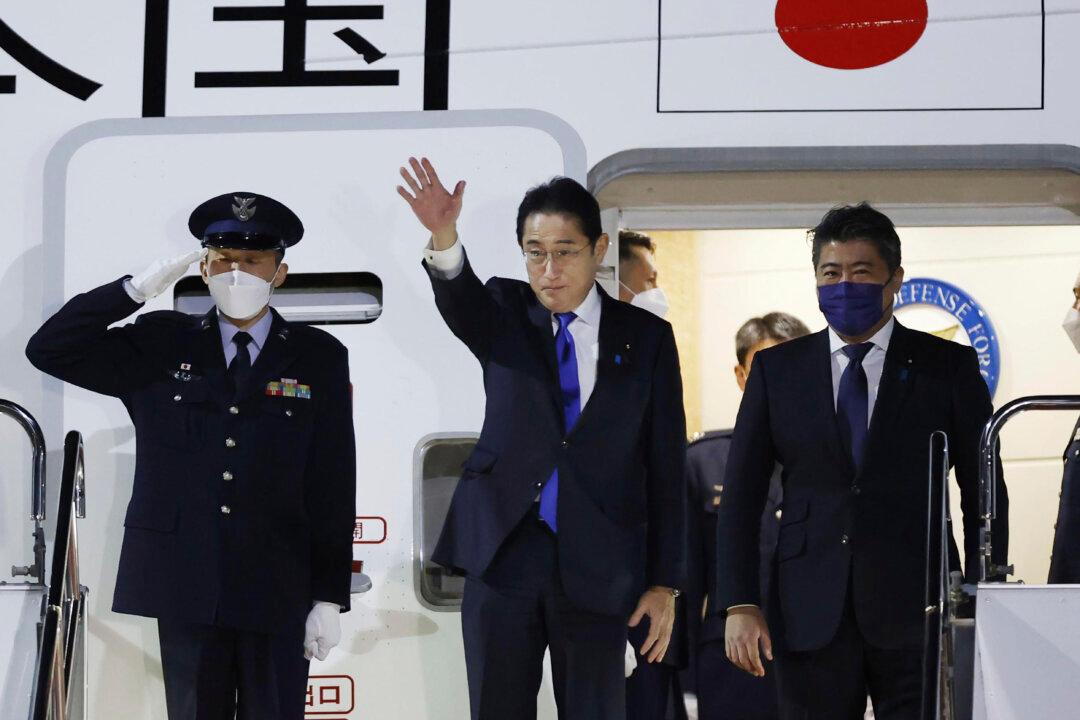Leaders of Japan and the Philippines agreed on Nov. 3 to begin talks about a possible reciprocal access pact, which would allow their troops to enter each other’s territory, amid concerns over China’s growing assertiveness in the contested South China Sea.
Japanese Prime Minister Fumio Kishida, who was on a two-day visit to Manila, met with Philippine President Ferdinand Marcos Jr. for talks on bolstering their countries’ defense ties.





